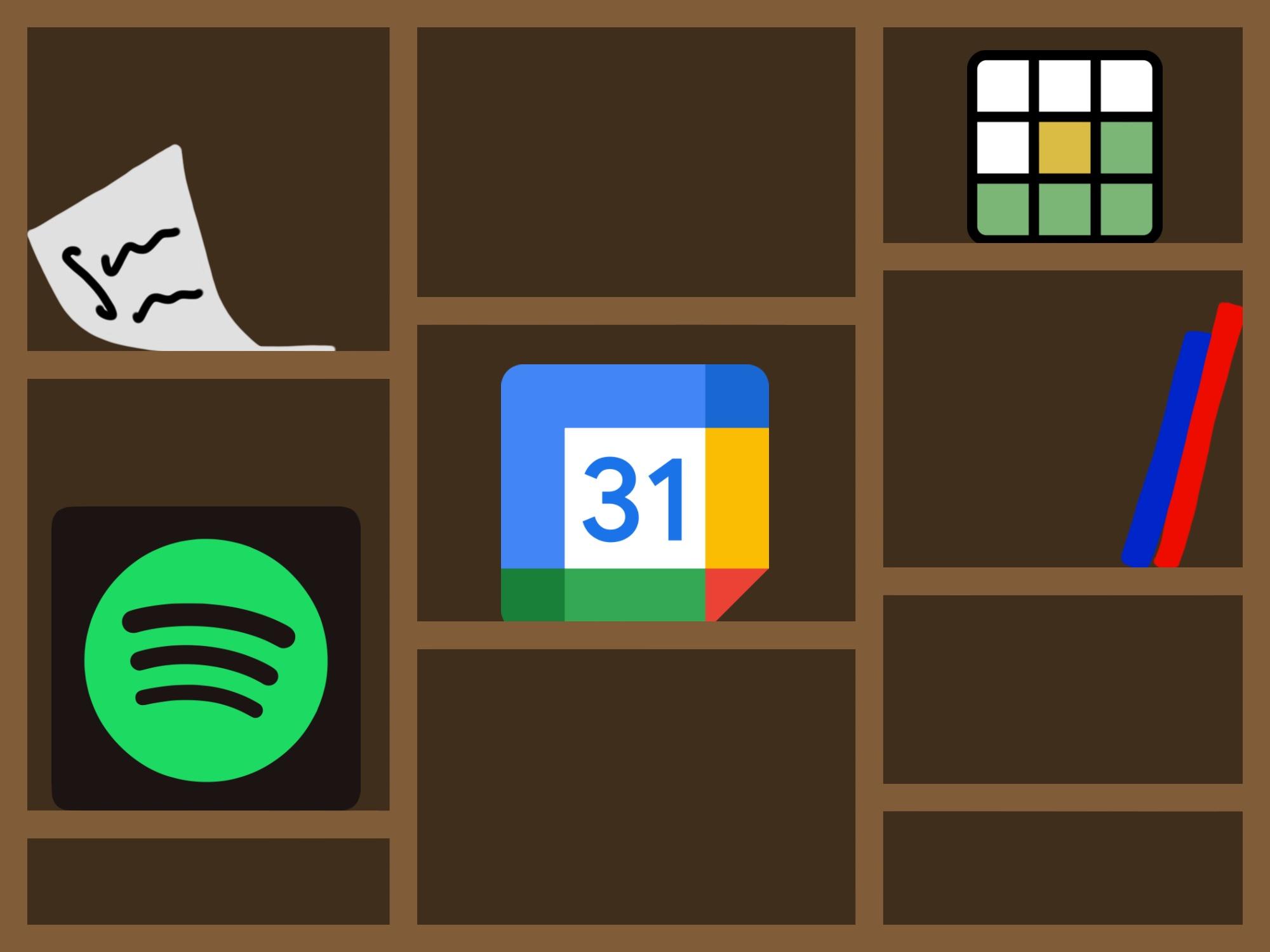Picture this: It’s my senior year of high school. After a full day of scrolling on TikTok, spending time with my sister and eating snacks, I finally decided, at 11:30 p.m., that it was time to start the calculus homework that I had known about for two days.

I sat in bed and turned on my computer until I realized that I hadn’t completed the daily Wordle. So I figured out the word puzzle, went to my homework portal and decided it would be a good idea to check my grades. So I reviewed my grades, saw that they were in good shape and felt relatively accomplished. I rewarded myself by going on my phone again.
Before I knew it, the clock had struck midnight. My eyes were beginning to strain with exhaustion, and my calculus homework still hadn’t been touched. I spent the next hour working on derivatives before I finally was able to go to bed, only to wake up six hours later to drive myself to school.
To make matters worse, I completely forgot to do one of my English homework assignments because of my inability to write down my homework in the aesthetic planner that I bought myself.
Upon arriving at college, I realized that although this vicious cycle of procrastination got me through high school, it wasn’t going to work anymore. I had to come up with ways to become focused, organized and skilled in time management.
Adapting to a lighter class schedule
The first thing I realized was that, unlike high school, I only had two or three classes a day in college. This meant that I could use that free time to get my work done and not have to stay up until 2:00 a.m. working on assignments.
This was a complete game-changer for me. I not only became more proactive but felt compelled to complete my tasks earlier in the day because I began to prioritize my sleep and avoid late nights to finish work.
I went from staying up late frequently to needing to be asleep by midnight.
I also had a lot more gatherings, events, and such that I wanted to attend in college. While most of my plans in high school fell on a weekend, several of them are now on weekdays. If I wanted to go out, I had to get my work done first, which also served as motivation.
Installing Google Calendar
Something else that was a game-changer was Google Calendar. People used to rave about how much this app helped them with their time management and organization, but I thought everyone was being dramatic — and boy, they were not.
I schedule everything into my calendar, including classes, meetings, events, reminders, get-togethers, homework assignments, tasks and shifts for my job.
By using Google Calendar, I have not only been able to improve my organization and time management skills, but I am significantly less forgetful about upcoming events and tasks.
I now find myself saying sentences such as, “If my class ends at 3:15, I’ll head to Marciano at 3:20, I’ll eat with friends until 4:00 and then book a study room in Yawkey for two hours. I can then head to my sorority meeting at 6:30.”
I also make sure that Google Calendar notifies me a half hour before every class or event that I have to ensure I won’t be late; I even made a widget on my home screen to allow me to check it constantly.
Listening to calm music
I love listening to music, but I often find it hard to concentrate when SZA is playing in the background. So, when I have difficult assignments to complete, I will usually put on lo-fi music to help me focus. This way, I can block out background noise while avoiding distractions.
I still have my moments. There will be times when I have a paper due, and instead of sitting down to work on it, I suddenly have the urge to take a walk to the dining hall, or I’ll wait until the night before to write an article.
Recognizing that I have a problem with procrastination is the first step to tackling it, and by actively finding ways to help myself stay focused, motivated and organized, I have gotten one step closer to managing my time efficiently.





















































































































